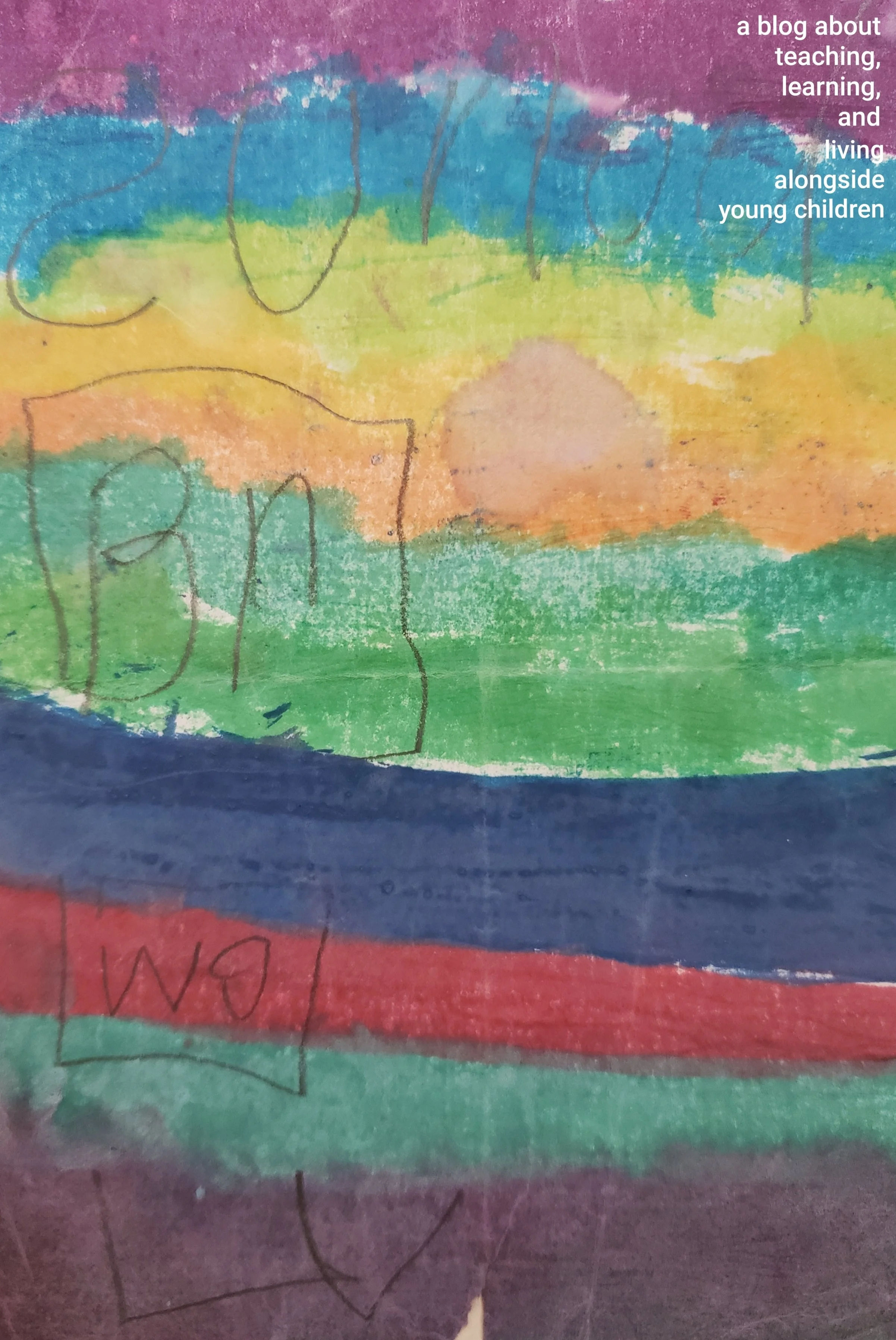Ask NML: A New Big Sister Bites At School
/“… ‘normal’ though a behavior may be in theory, the lived reality is that this is your specific child who is away from you all day, for whom you worry and love and wish you could be with, and whom you know as a complex and vibrant human being - and they are hurting someone else’s. That’s hard. Very hard…but it’s not forever.”
Read More










